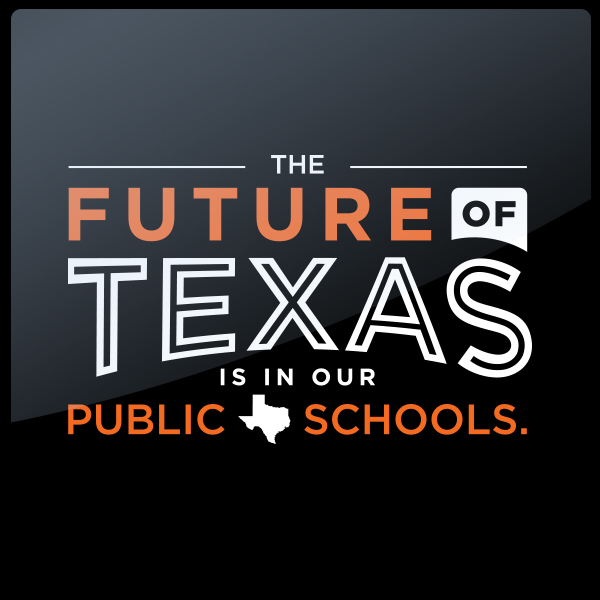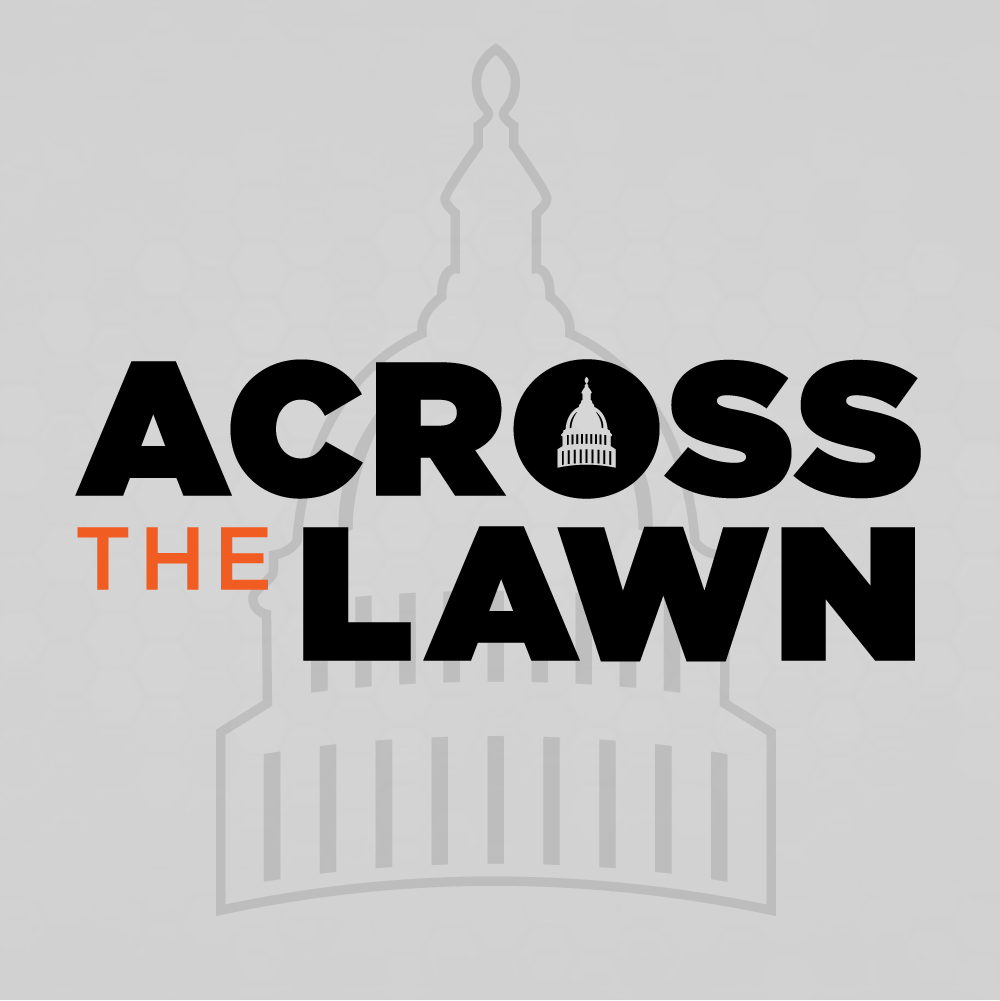
categories
Across the Lawn – November 13, 2023

November 13, 2023

Raise Your Hand Texas has a front-row seat to the Capitol. From our vantage point, public education policy issues have never been more important, and this is why we must make every session a public education session.
One Thing to Do:
Listen to our podcast – Special Session: School Finance & Vouchers
In the final episode of Intersect Ed – Season 2, we discuss school finance and vouchers. You will hear from Raise Your Hand Texas’ Michelle Smith, executive director, and Bob Popinski, senior director of policy, alongside Channelview ISD superintendent Tory C. Hill, State Rep. Abel Herrero (HD-34), Josh Cowen, a professor of education policy at Michigan State University, and Jolene Sanders, advocacy director at The Coalition of Texans with Disabilities. Together they discuss and share their views on the current funding crises facing Texas public schools and what’s at stake if an education savings account were to pass using taxpayer dollars to send Texas kids to private schools.
Four Things to Know
1. Governor Abbott Calls Fourth Special Session
Governor Abbott called a fourth special session on Tuesday, November 7 as the third called special session came to a close without the passage of any legislation. The items on the call related to education policy for the fourth special session include:
- Legislation relating to primary and secondary education, including the establishment of an education savings account program, the certification, compensation, and health coverage of certain public school employees, the public school finance system, special education in public schools, measures to support the education of public school students that include certain educational grant programs, reading instruction, and early childhood education, the provision of virtual education, and public school accountability.
- Legislation related to school safety measures and related state funding mechanisms.
On Thursday and Friday there was substantial legislative action. The Senate Education Committee, and then the full Senate, approved SB 1 (vouchers) and SB 2 (school funding) on Thursday. The House Select Committee on Educational Opportunity and Enrichment met to discuss and approve HB 1 (vouchers and school funding), HB 2, and HJR 1 (school safety) on Thursday and Friday.
2. Senate Passes SB 1 (Vouchers) and SB 2 (School Funding)
The Senate passed a substantial voucher program on Thursday after it was passed from the Senate Education Committee earlier in the day. SB 1 by Sen. Creighton creates an $8,000 per year education savings account (ESA) for eligible students or $1,000 for home-schooled participants.
Eligible students include:
- any student who attended a public school for 90% of the time the previous year;
- a student entering Pre-K or Kindergarten; or
- a student who attended a private school or home school the preceding year.
SB 1 requires the Comptroller to oversee up to five education assistance organizations that will manage the ESA applications. If there are more applications than available funding, the education assistance organizations will create a lottery to fill the positions.
The current appropriation from the 88th Regular Session for a voucher program is $500 million for the 2024-25 biennium. Eligible expenses using funds in the ESA include tuition and fees, textbooks and instructional materials, assessments, private tutors, transportation, and educational therapies.
The Senate also passed the same $5.2 billion school funding bill passed during the third called special session.
SB 2 by Sen. Creighton creates a teacher retention bonus for the 2023-24 school year. The funding will be continued as salary flowing to the district as an annual allotment beginning in the 2024-25 school year. The amount per teacher will depend on the school district enrollment size:
- $3,000 per classroom teacher for districts of more than 5,000 students, and
- $10,000 per teacher for districts with fewer than 5,000 students.
SB 2 also increases the basic allotment from $6,160 to $6,235 beginning in the 2023-24 school year, which is a $75 increase. The bill removes existing state law requiring schools to use a certain percentage of the basic allotment increase on compensation.
SB 2 provides adjustments to the school safety allotment, increasing the $10 per-student allotment to $20 per student and the campus allotment from $15,000 per campus to $30,000 per campus.
SB 2 increases salary allotments under the Teacher Incentive Allotment (TIA) and adds a new teacher designation. The bill also creates a new grant program to provide technical assistance to districts wanting to create or expand TIA programs.
3. House Select Committee on Educational Opportunity and Enrichment Passes Voucher and School Funding Bill
HB 1 by Rep. Buckley, heard in the House Select Committee on Educational Opportunity and Enrichment on Thursday, provides $7.5 billion over the next two years for public schools through a $4,000 teacher pay raise during the 2023-24 school year, an increase to the basic allotment from $6,160 to $6,700 during the 2024-25 school year, and various the changes to school funding formulas over the next three years, including special education, compensatory education, and small- and mid-size school district adjustments. HB 1 requires TEA to use the current A-F accountability rating rules through the 2025-26 school year and creates a Texas Assessment and Accountability Commission. This 177 page bill contains dozens of other provisions to be phased in over the next three years.
HB 1 creates a universal education savings account that provides an initial $500 million for the program over the next two years, but is expected to balloon to $2.3 billion by 2028. The ESA amount per student is estimated to start at around $10,000, but increase to $10,800 by 2028 due to changes in public school funding formulas. All students, including those attending public school, private school, or home school are eligible to apply for an ESA. Students accepting the ESA must take either the STAAR or a nationally norm-referenced test that crosswalks with STAAR. Students who do not perform satisfactorily on the assessment two years in a row are disqualified from the program.
HB 1 was voted out of committee by a vote of 10-4 on Friday morning and will most likely head to the full House next week.
4. School Safety Funding Bill Also Moves to Full House
On Friday, the House Select Committee met to discuss and pass HB 2 and HJR 1 related to school safety funding. The bill creates a School Safety Grant Program and a School Safety Plan Implementation Grant Program to help fund the state’s school safety requirements. The current school safety allotment amount, as passed during the 88th Regular Session, is $10 per student in average daily attendance and $15,000 per campus.
HB 2 by Rep. King provides $1.1 billion annually for both of the new programs. The School Safety Grant Program will provide a multiplier of 0.01 per enrolled student to the basic allotment (which under current law amounts to $61.60). The bill also provides increases campus funding based on size of enrollment:
- $50,000 per campus for under 500 students
- $100,000 per campus for 501 to 1,000 students
- $150,000 per campus for 1,001 to 1,500 students
- $175,000 per campus for 1,501 to 2,000 students
- $200,000 per campus for over 2,000 students
The School Safety Plan Implementation Grant Program will provide grants to schools for the reimbursement of expenditures for required school safety plans. Funding for this program would be limited to $250 million in total per year.
HJR 1 by Rep. King provides the method of finance for these programs by establishing a School Safety Fund to be administered by the Comptroller through a constitutional amendment. The fund is created using allocations from various potential revenue sources, including the State Highway Fund, General Revenue, and the Economic Stabilization Fund.
HB 2 and HJR 1 were voted out of committee by a vote of 14-0 on Friday morning and will most likely head to the full House next week.



